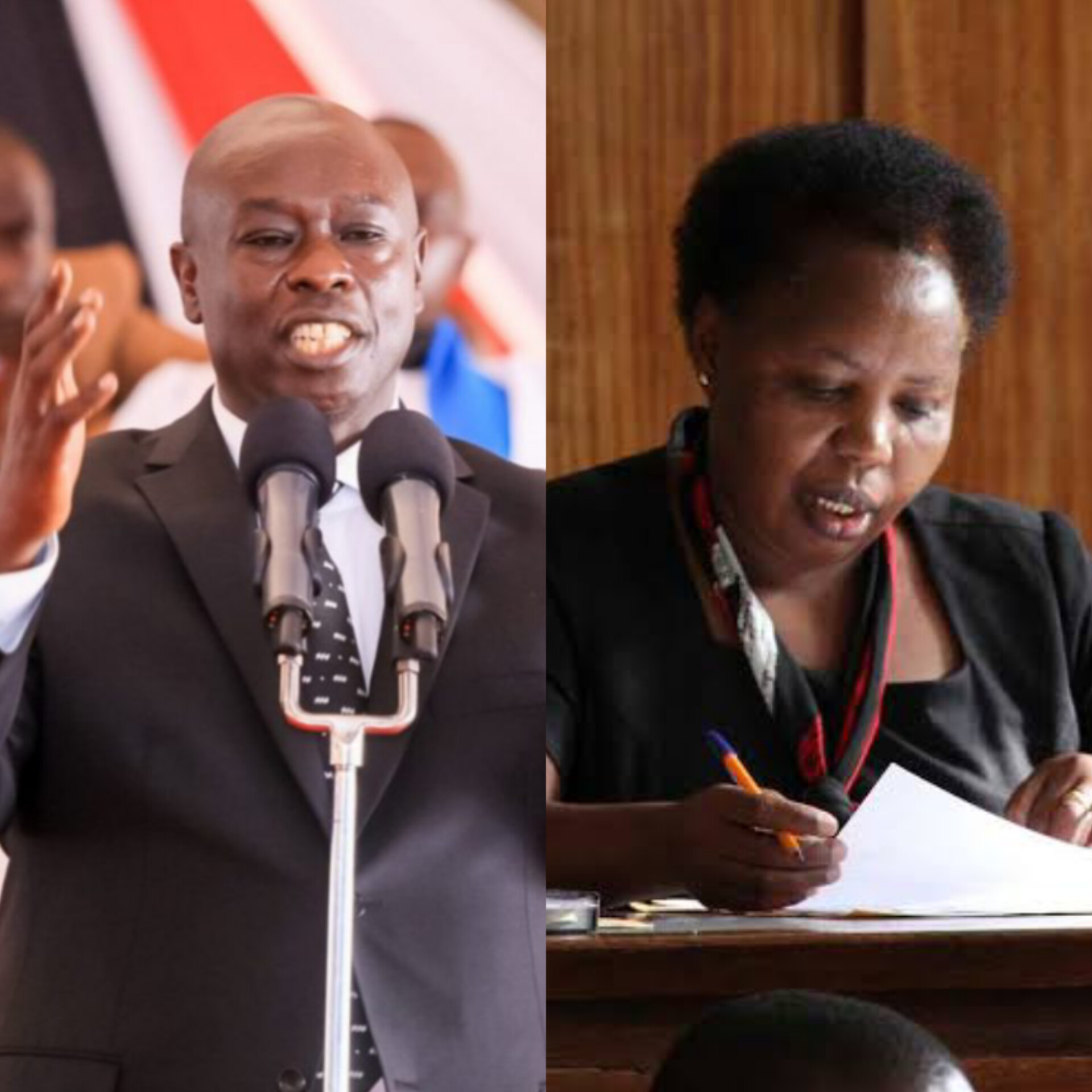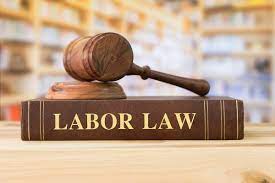In October 2020, Assets Recovery Agency (ARA) a government institution filed a case at the High Court in Nairobi, to have the then Mathira MP Rigathi Gachagua (now Deputy President) forced to forfeit to the State Ksh200 million held in his accounts at Rafiki Micro Finance Bank, on the ground that they were proceeds of corruption and money laundering.
The ARA filed the case against Gachagua, business associate Anne Kimemia of Jenne Enterprises and named the bank as an interested Party.
The ARA accused the two of presiding a “complex money laundering schemes and proceeds of crime involving public funds siphoned from various public entities including the Lands and Health ministries, Bungoma and Nyeri County Governments, Mathira Constituency Development Fund, the National Irrigation Board among others.
The case was heard by Lady Justice Esther Nyambura Maina of the Commercial Division of the High Court. On July 28, 2022 she delivered a judgement and ordered Gachagua to forfeit all the money to the State. Last year, all the money was refunded to the DP.
Gachagua now accuses the judge of having condemned him unheard contrary to rules of evidence. He says the decision was actuated by corruption and incompetence. He has vowed to present a petition to the Judicial Service Commission (JSC) on Thursday 18th, to have judge Maina removed from the judiciary.
JUDGEMENT
But a look at the judgement clearly show Gachagua’s team presented his defence that was well captured in the decision. This is what the court said:
The 1st Respondent’s (Gachagua) narrative was that during the period of interest between 2013 and 2020, he saved a sum of Kshs. 200 million at Rafiki Micro Finance Bank which was invested in a fixed deposit account. That upon maturity which occurred quarterly, the 1 st Respondent would roll over the principal sum and access the interest only.
He asserted that the money deposited in the fixed deposit accounts were essential in enabling corporate entities in which the 1 st Respondent was a shareholder to access bank loans and guarantees on carrying out their business activities.
The 1st Respondent explained that each time the money was rolled over, a new entry of the same sum would be entered in the bank statement creating a false impression that the account was holding in excess of Kshs. 12 billion. His explanation was supported by Benjamin Kuria Wangai in an affidavit sworn on behalf of Rafiki Micro Finance Bank who observed that the 12 billion was arrived at by the applicant’s deponent simply adding three closing balances, credit turnovers and representing the credit to the three accounts to arrive at what he termed a sensational figure.
The 1st Respondent cited Article 40 of the Constitution to submit that he enjoys the right to own property unless it was unlawfully acquired. He contends that the applicant has failed to prove unlawful acquisition hence the property remains protected under the Constitution.
According to the 1 st Respondent, from the definition of “proceeds of crime” under the Proceeds of Crime and Anti-Money Laundering Act, there must be a predicate offence committed before property or economic advantage can be realized as a direct or indirect consequence of it, which the applicants (ARA) have failed to identify.
The 1st Respondent continues that the applicant, through its Investigating Officer, S/SGT Musyoki has established through investigations that the provenance of the subject funds were public entities such as the Ministry of Lands, State Department for Special Planning, Ministry of Health and various County Governments which begs the question whether monies originating from National and County governments are dirty money in need of laundering.
He averred that the said monies paid by National Treasury for goods and services rendered cannot be categorized as proceeds of crime. The 1st Respondent placed reliance on the case of The National Director of Public Prosecutions vs Carolus and Others cited in the Namibian case of The Prosecutor General vs New Africa Dimensions & Others POCA 10/2012 in which it was held that a connection must be established between the alleged unlawful activity and the property concerned by way of evidence; that it was derived, received or retained, directly or indirectly in connection with an unlawful activity carried out by any person.
The Respondent also cited the case of Director of Assets Recovery; Republic vs Green & Others (2005) EWHC 3168 in which the court observed that in civil proceedings for recovery, the Director must set out matters alleged to constitute the particular kind or kinds of unlawful conduct by or in return for which the property was obtained. That in this case, no known crime has been pointed out.
The 1st respondent dismissed the authorities cited by the Agency as being irrelevant and inapplicable in this case as they relate to situations in which the respondents have been unable to explain the source of their funds or assets subject to forfeiture proceedings.
His Counsel submitted that in this case, the 1st Respondent has explained the source of his funds being from government tenders properly procured and undertaken and that no evidence has been presented to show that a certain tender was not undertaken in accordance with the contract.
This is what the judge said in her finding:
“I am satisfied that Assets Recovery Agency/Applicant has proved the funds in the 1 st and 2 nd Respondent’s impugned accounts were derived from government ministries and entities. It has demonstrated through affidavit evidence that the funds were moved to the bank accounts belonging to the 1st Respondent by entities which claim to have done business with the government.
It was therefore incumbent upon the 1 st and 2nd Respondent to prove that the funds were transferred into their accounts lawfully. I have very carefully considered the evidence placed before this court by the 1 st Respondent and my finding is that he has not discharged that evidential burden.
There is no evidence at all that he supplied any goods or rendered any services to support such payment. Indeed one of the entities Encarta has disputed that the 1 st Respondent paid it any amount of money even though it is the one that rendered the services to Bungoma County Government.
WAMUNYORO
The 1 st Respondent did not tender any evidence to prove that it was awarded any tenders by the ministries and State agencies from which he received the funds save for one which was exhibited by the 2nd Respondent in her further affidavit dated February 5, 2015. Even then there is no evidence that that contract was performed. All we have is a letter from a permanent secretary indicating that the tender had been won by Wamunyoro Investment Limited and Machine Centre limited.
Accordingly, I find that in the absence of evidence that these funds were acquired lawfully the same are proceeds of crime – a complex scheme of money laundering – which are liable to forfeiture to the State.





